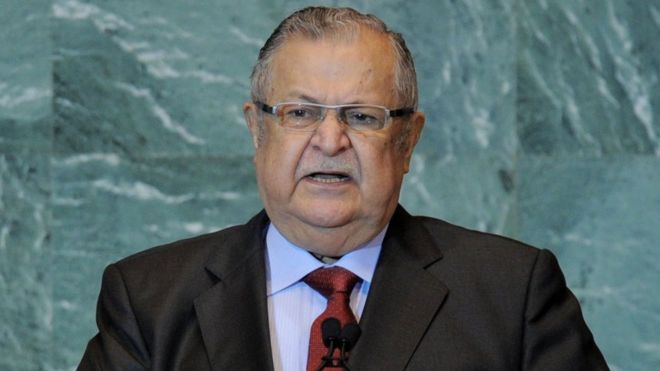Climate change is the world’s most significant existential challenge and those who want to cover it are still wondering how to convey its size and scale.
Only a small proportion of news consumers will have heard about the report released earlier this month by the UN’s Intergovernmental Panel on Climate Change, the IPCC. Not because the report was dull or inconsequential, but because the global media is still proving unable or unwilling to grapple adequately with the story of our warming planet.
The IPCC report says “rapid, far-reaching and unprecedented changes” are needed “in all aspects of society” if humanity is to contain the average global temperature increase to 1.5 degrees Celsius. The timeframe the IPCC has set for this is just over a decade – 12 years.
|
The report is something of a call to arms telling us that the survival of our species depends on a political revolution. |
“The report is something of a call to arms telling us that the survival of our species depends on a political revolution,” says Martin Lukacs, environment writer at The Guardian.
But climate change isn’t the most-covered ongoing news story in the world.
In the US alone, freak weather incidents over the past few years would have justified it being in the headlines every day. However, the link between climate change and weather incidents – that are increasing in intensity and frequency is often never made.
A 2017 study by the DC-based Media Matters group into the coverage of Hurricane Harvey found that over a span of two crucial weeks, two main cable news outlets, ABC and NBC, didn’t air a single segment mentioning climate change and its link to such weather events. This study isn’t the only one of its kind by Media Matters.
In July this year, it found that coverage of the heatwave across the US followed a similar pattern.
“We looked at reporting on that on the three big TV broadcast networks, their news programmes, and found that those programmes mentioned the heatwave 127 times and only one of those mentioned climate change,” explains Lisa Hymas, director of climate and energy programme at Media Matters for America.
“This is a real problem and a missed opportunity. Climate change can seem like a really distant or theoretical problem. But when there’s extreme weather, that’s a real opportunity for the media to talk about climate change and how it affects extreme weather and exacerbates extreme weather.”
While the media’s emphasis on individual awareness is vital, it is, however, out of proportion. The real action needs to come from industry.
In 2017, a UK-based non-profit the CDP group (formerly known as the Carbon Disclosure Project) published a report correlating specific volumes of greenhouse gas, GHG, emissions to the actual corporations and industries responsible for them. It found that since 1988, just 100 companies have produced more than 70 percent of the world’s GHG emissions.
The close ties between media networks and the companies who own them often leave very wiggle room for scrutiny, according to Chandra Bhushan, deputy director of the Centre for Science and Environment.
“Many countries who are polluting the climate … also have a huge influence on media in terms of their contributions to advertisements and support to media. So, media is very quick to talk about what governments need to do, or what people need to do, but they will rarely talk about what corporations need to do.”
Contributors
Lisa Hymas – Director, Climate & Energy Program, Media Matters for America
Chandra Bhushan – Deputy director, Centre for Science and Environment; Consulting editor, Down to Earth
Alyssa Battistoni – Editorial Board member, Jacobin
Martin Lukacs – Environment writer, The Guardian
Source: Al Jazeera













